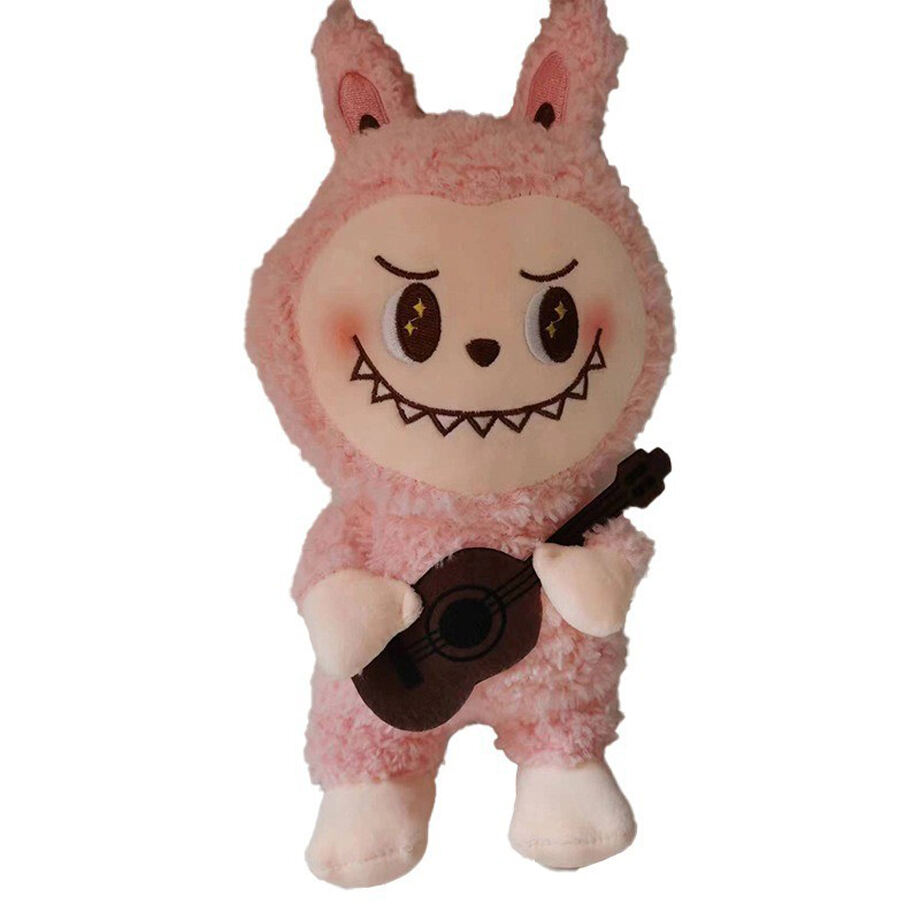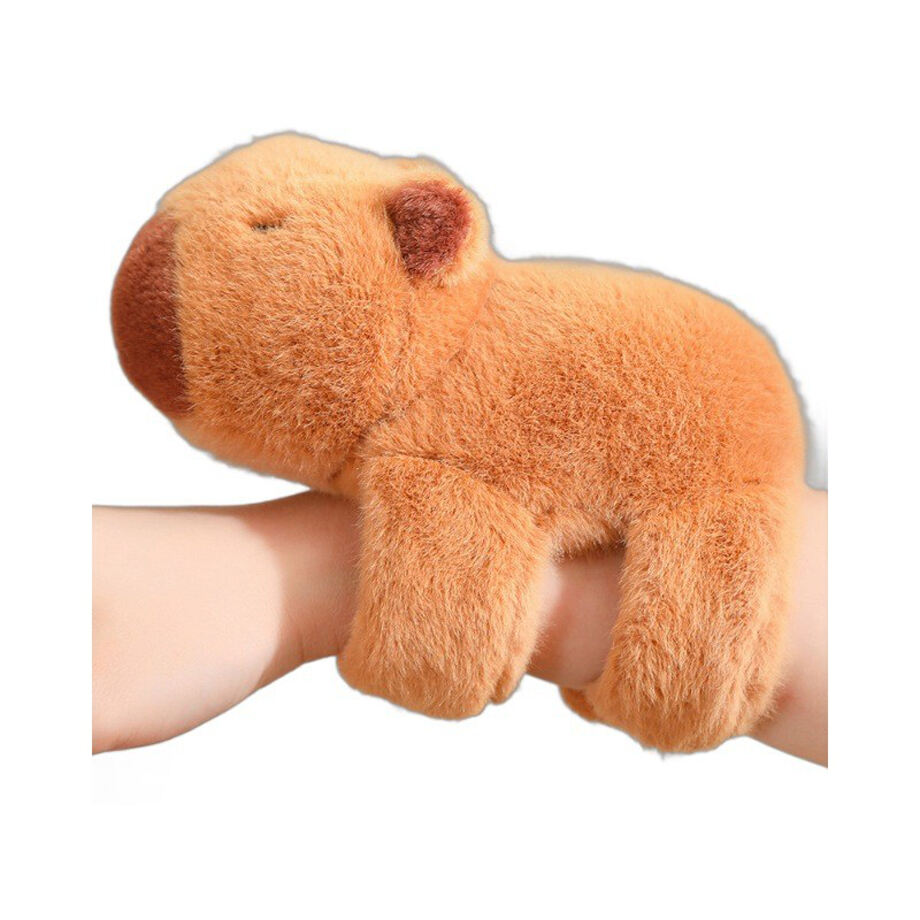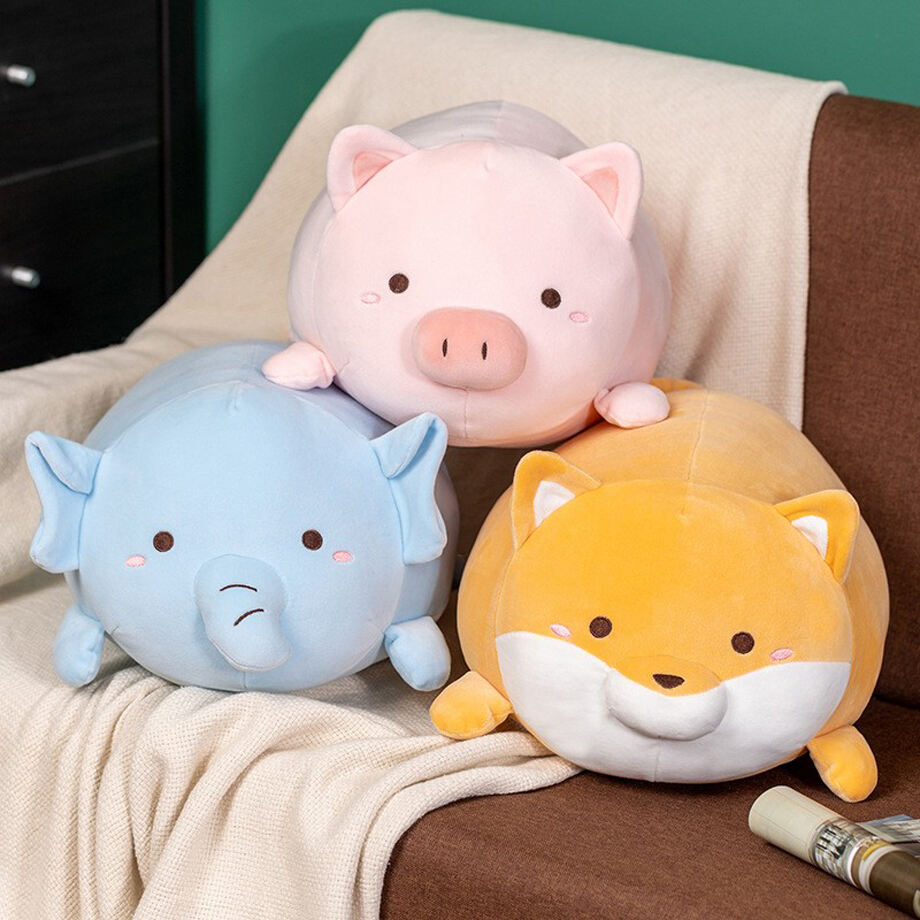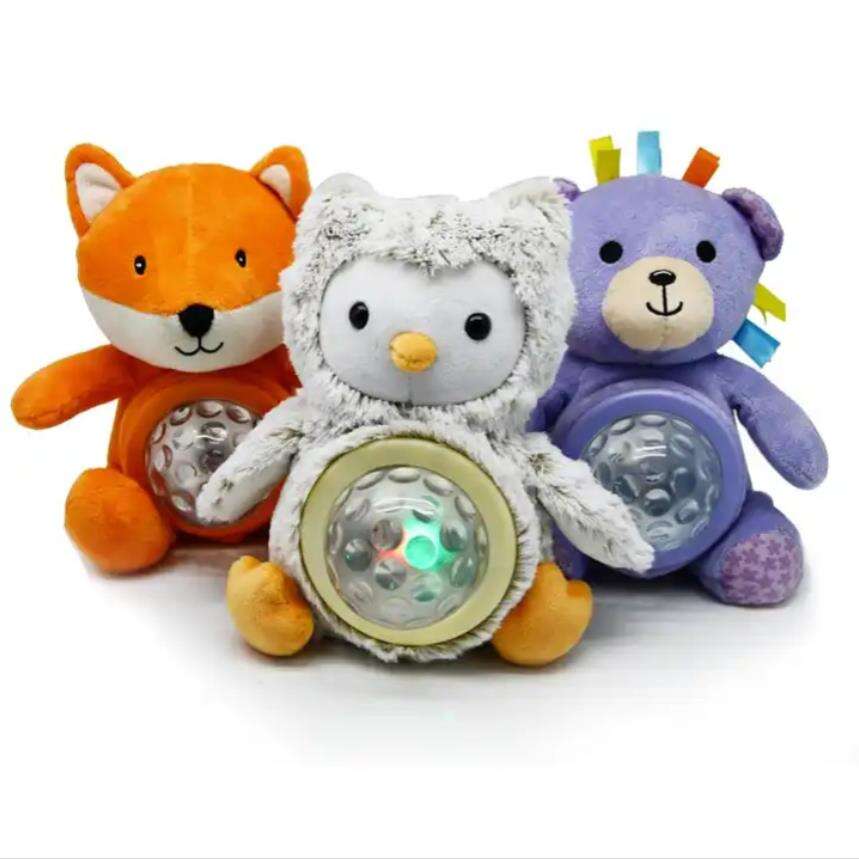The Benefits of Plush Toys in Early Childhood Development
The Role of Plush Toys in Early Childhood Development
Early childhood development encompasses crucial stages of growth, spanning cognitive, emotional, social, and physical milestones from birth to age five. During this time, children develop foundational skills that influence their future learning and behavior. Key milestones include developing motor skills as they learn to grasp and move, forming emotional bonds through attachment, and acquiring language as they begin to express themselves. Social skills also start to take shape as children engage with their environment and the people within it.
Plush toys, often referred to as stuffed animals or weighted plush toys, play a significant role in these developmental stages. They provide comfort, helping children feel secure during transitional or challenging times, such as starting school or moving to a new place. These toys also encourage bonding, as children often form emotional attachments to them, which supports emotional development. Moreover, plush toys offer a safe means of exploring the world, allowing children to engage in imaginative play without risk, which is vital for cognitive development.
Studies, including those by the American Academy of Pediatrics, have indicated that interactive play with plush toys significantly aids emotional and social growth. This type of play helps children develop empathy and understanding by having them take on different roles and scenarios in their imaginative settings. Such interactions not only enhance emotional intelligence but also support the development of social skills, providing a foundation for positive relational dynamics in later stages of life.
Cognitive Benefits of Plush Toys in Learning
Plush toys are crucial in enhancing children's imagination and creativity, facilitating storytelling and role-playing activities, which bolsters cognitive flexibility. Through these activities, children can weave narratives, assigning their stuffed animals various roles within imaginative realms. This type of play not only sparks creativity but also contributes to a child's adaptability and problem-solving abilities. Engaging with plush toys also enables children to visualize scenarios beyond their immediate environment, thus broadening their imaginative capabilities.
Additionally, plush toys are instrumental in teaching problem-solving skills, as suggested by Piaget's theory of cognitive development. According to Piaget, young children benefit from playing and interacting with their environment, which is often facilitated by toys. Plush toys can be manipulated and organized in different configurations, allowing children to experiment with solutions and outcomes. Children learn through manipulation, identifying and solving problems as they simulate various scenarios with their plush companions, thereby fostering cognitive development.
Social Skills Development Through Soft Toys
Plush toys play a significant role in social skills development, particularly through role-playing activities. When children engage in pretend play, such as using stuffed animals to host tea parties or simulate classroom scenarios, they naturally practice communication, cooperation, and negotiation. These activities prompt children to express ideas and collaborate with peers, enhancing their ability to interact with others. A study on pretend play also underscores how such interactions foster crucial life skills that contribute positively to social and emotional development in children.
Furthermore, plush toys serve as tools for nurturing empathy and compassion. As children care for their toys, they mirror caregiving behaviors typically learned from observing adults. This act of nurturing promotes the development of emotional intelligence as children project feelings of empathy onto their plush companions. By taking on the role of caregiver, children practice being attentive and kind, which they can transfer to their relationships with friends and family. This nurturing behavior helps instill a sense of responsibility and understanding of others' feelings, laying the foundation for empathetic and socially aware individuals.
The Security and Comfort of Plush Toys for Children
Plush toys, often recognized as "transitional objects" in child psychology, play a vital role in providing emotional security for children during times of change or stress. These soothing companions are pivotal when children encounter unfamiliar environments, helping them feel grounded and protected. They often serve as a stable source of comfort by offering a familiar presence, thereby reducing anxiety and fostering a sense of well-being.
Research by child psychologists supports the idea that plush toys can significantly reduce anxiety and promote emotional stability in children. These cuddly toys create an environment of familiarity that can enhance a child's emotional resilience. Studies have shown that children who interact with plush toys experience lower levels of anxiety and display improved emotional regulation. Such interactions can ease stressful situations, contributing to overall emotional well-being and development.
Products Spotlight: Notable Plush Toys to Consider
The Small Sheep Doll Pillow is designed for ultimate comfort and cuddling, making it an ideal companion for children, especially during sleep. This plush toy is crafted from plus elastic PP cotton, ensuring a soft and cozy experience that can foster a sense of security. With its adorable appearance and gentle texture, it serves as a perfect transitional object, helping kids feel comforted and less anxious during rest.
The Cute Bunny Plush Toy is designed to be interactive, helping children engage in playful learning. This plush toy, made from soft velboa, is ideal for children over 14 years old who enjoy imaginative play. It encourages kids to explore various scenarios, enhancing their creativity while also providing a comforting touch.
Finally, the Rainbow Bear Plush Toy beautifully combines color with comfort, stimulating children's imaginations. This plush toy is a vibrant addition to any child’s collection, encouraging exploration of color and creativity while doubling as a snuggly pillow for relaxation.
Additional Benefits of Plush Toys
Plush toys play a vital role in the development of fine motor skills in children. By engaging in activities like dressing, undressing, and caring for their stuffed animals, children enhance their dexterity and coordination. For instance, buttons and zippers on plush toys allow children to practice these skills in a playful and non-stressful manner, making the learning process enjoyable and effective.
Moreover, plush toys significantly contribute to the enhancement of language skills. Through interactions with these toys, children have opportunities to practice vocabulary, narrative skills, and social language. Engaging in conversations with their weighted stuffed animals, for example, enables children to create stories and dialogues, enriching both their verbal proficiency and imagination. This process not only boosts their confidence in language usage but also fosters social interaction skills in a friendly and familiar context.
Conclusion: The Lasting Impact of Plush Toys
Plush toys, often considered simple playthings, play a profound role in fostering lifelong emotional health and resilience. These cuddly companions serve as the first "friends" for many children, creating emotional bonds that act as a support system in challenging times. Such early attachments provide comfort and security, which lay the foundation for developing emotional stability.
Developmental psychology underscores the significance of initial emotional connections formed through plush toys. These bonds are instrumental in nurturing empathy, self-esteem, and social skills, contributing to positive emotional well-being well into adulthood. By offering a foundation for secure attachments and emotional expression from an early age, plush toys provide more than just comfort—they offer lasting developmental benefits that shape an individual's emotional landscape for years to come.
Recommended Products
Hot News
-
Selecting the Right Educational Toys for Different Age Groups
2024-11-08
-
Materials Used in the Production of Stuffed Animals
2024-11-04
-
Chinese Plush Toy Factories Lead the Global Market with Innovation and Quality
2024-01-23
-
How Plush Toys Can Boost Your Mental Health and Well-Being
2024-01-23
-
Plush Toys Factory Industry Trends: A Growing Market with Challenges and Opportunities
2024-01-23
-
Plush Toys Market Demand on the Rise
2024-01-23
-
Woodfield Website Online
2024-01-22
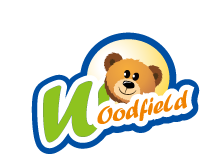
 EN
EN
 AR
AR
 BG
BG
 HR
HR
 DA
DA
 NL
NL
 FI
FI
 FR
FR
 DE
DE
 EL
EL
 IT
IT
 JA
JA
 KO
KO
 NO
NO
 PT
PT
 RO
RO
 RU
RU
 ES
ES
 SV
SV
 TL
TL
 IW
IW
 ID
ID
 SR
SR
 UK
UK
 HU
HU
 MT
MT
 TH
TH
 TR
TR
 FA
FA
 MS
MS
 GA
GA
 IS
IS
 EU
EU
 BN
BN
 LO
LO
 LA
LA
 SO
SO
 KK
KK

